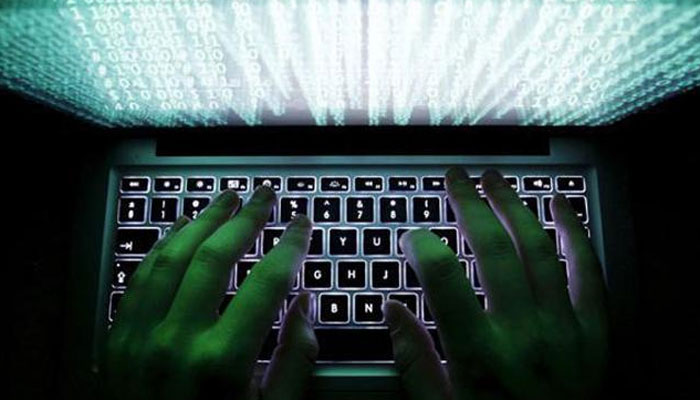

- #Petya unlock cyberwall ransomwhere software
- #Petya unlock cyberwall ransomwhere code
- #Petya unlock cyberwall ransomwhere windows
The overwriting operations are only performed for partitions returning the values PARTITION_STYLE_MBR or PARTITION_STYLE_GPT.
#Petya unlock cyberwall ransomwhere code

Our research revealed multiple flaws in the encryption algorithm implementation providing a method of restoring all data encrypted by Petya, which were further confirmed by recent posts by college researchers who arrived at the same conclusion and provided a web-service for decrypting the encrypted files. This is what caught the attention of our research group and made us decide to dive deeper into the encryption logic implementation to get a better understanding of this new type of threat. Petya’s developers were not content with merely encrypting all the important files found on the victim’s hard-drive but also decided to hold the entire hard-drive’s content hostage by encrypting its Master-File-Table (MFT), rendering the entire file system useless until the ransom is paid. While Petya doesn’t have an impressive infection rate like other ransomware such as CryptoWall or TeslaCrypt, it was immediately flagged as the next step in ransomware evolution. įor more information on how you can best protect against ransomware, visit US-CERT.Petya is a relatively new ransomware variant that first appeared on the cyber-crime scene at the beginning of 2016. Please report any ransomware incidents to the Internet Crime Complaint Center (IC3). US-CERT encourages users and administrators to review the US-CERT article on the Microsoft SMBv1 Vulnerability and the Microsoft Security Bulletin MS17-010. Open-source reports indicate that the ransomware exploits vulnerabilities in Server Message Block (SMB).
#Petya unlock cyberwall ransomwhere windows
Petya ransomware encrypts the master boot records of infected Windows computers, making affected machines unusable.
#Petya unlock cyberwall ransomwhere software
Using unpatched and unsupported software may increase the risk of spreading ransomware and other cybersecurity threats. Individuals and organizations are discouraged from paying the ransom, as this does not guarantee that access will be restored. Ransomware is a type of malicious software that infects a computer and restricts users' access to the infected machine until a ransom is paid to unlock it. US-CERT has received multiple reports of Petya ransomware infections in many countries around the world.


 0 kommentar(er)
0 kommentar(er)
